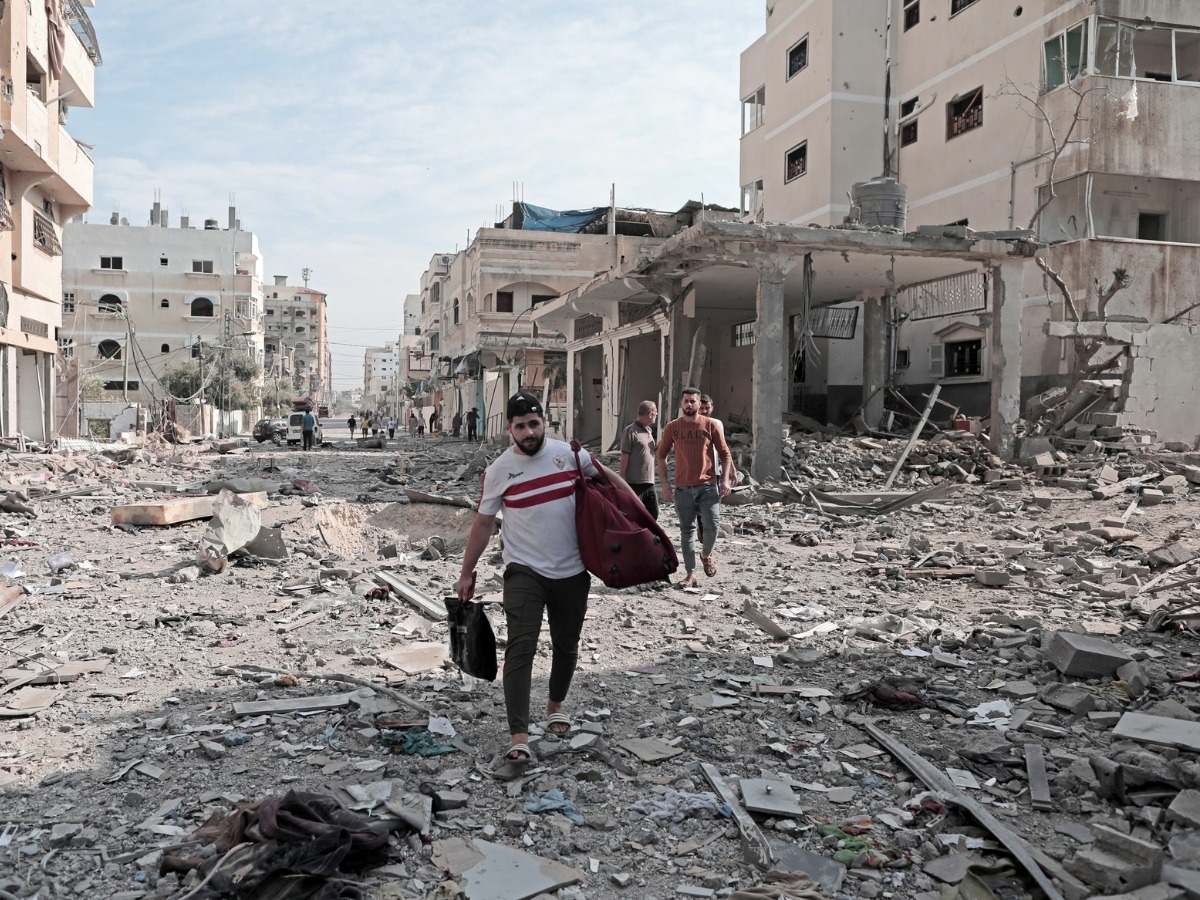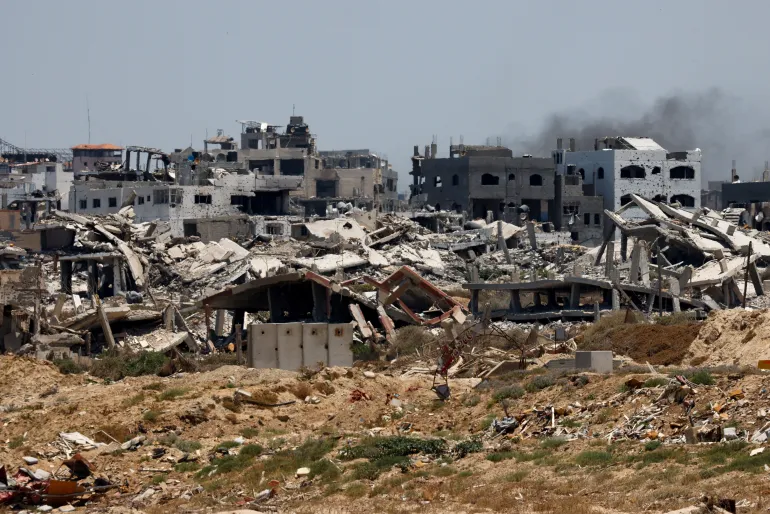In the occupied territories of Palestine, where hardship and resilience often walk hand in hand, the act of breaking the fast during Ramadan takes on a profound significance. Amidst the challenges of occupation, economic hardship, and limited access to resources, one family’s simple meal of lemon soup and grass serves as a poignant reminder of the enduring spirit of the Palestinian people.
For many Palestinians, the month of Ramadan is a time of spiritual reflection, communal solidarity, and familial bonds strengthened through shared traditions. Yet, in the face of ongoing conflict and occupation, the ability to observe Ramadan with traditional feasts and gatherings is a luxury that many cannot afford.
In a remote village nestled amidst the rolling hills of Palestine, the Al-Masri family gathers each evening to break their fast. However, their modest meal stands in stark contrast to the lavish spreads often associated with Ramadan. Instead of elaborate dishes and delicacies, the Al-Masri family’s iftar consists of a simple broth made from lemons, and, on some days, whatever greens they can gather from the surrounding fields.
The scarcity of food is not merely a matter of choice for the Al-Masri family, but a harsh reality imposed by the economic hardship exacerbated by the ongoing Israeli occupation. With limited access to arable land and water resources, many Palestinians struggle to cultivate crops or raise livestock, leaving them reliant on meager supplies provided through humanitarian aid or purchased at exorbitant prices in local markets.
Yet, despite the challenges they face, the Al-Masri family’s resilience shines through in their ability to find sustenance and solace in the simplest of meals. For them, breaking the fast is not merely about satisfying physical hunger, but about reaffirming their faith, preserving their dignity, and asserting their humanity in the face of adversity.
The lemon soup, infused with the tartness of citrus and the warmth of spices, serves as a reminder of the bittersweet realities of life under occupation. It is a testament to the resourcefulness and creativity of a people who have learned to make do with whatever they have, transforming humble ingredients into symbols of resilience and resistance.
Similarly, the consumption of grass, though born out of necessity, carries with it a deeper symbolism. In a landscape scarred by conflict and deprivation, the simple act of foraging for wild greens becomes an act of defiance, a reaffirmation of Palestinian identity, and a refusal to be reduced to mere victims of circumstance.
As the sun sets over the horizon and the call to prayer echoes through the village, the Al-Masri family gathers around a simple wooden table to break their fast. With each sip of lemon soup and each bite of grass, they find sustenance not only for their bodies but for their souls, drawing strength from the collective memory of generations past and the hope of a brighter future.
In the face of adversity, the Al-Masri family’s humble iftar serves as a powerful reminder of the resilience, dignity, and unwavering spirit of the Palestinian people. It is a testament to the enduring power of faith, community, and tradition in the face of seemingly insurmountable odds. And it is a reminder that even in the darkest of times, the light of hope and resilience can still shine through, illuminating the path towards a better tomorrow.


